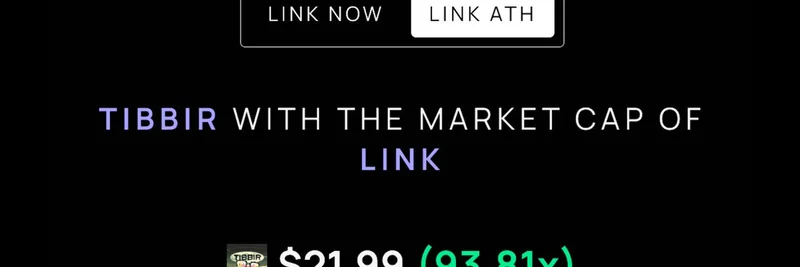In the fast-paced world of decentralized finance (DeFi), innovative fundraising methods are popping up left and right. One that's been turning heads is MetaDAO, a platform that's shaking up how projects raise capital without relying on traditional venture capitalists (VCs). But as with many things in crypto, where there's opportunity, there's also manipulation. A recent tweet from DeFi enthusiast @FabianoSolana sheds light on how whales—those big players with deep pockets—are skewing the numbers in MetaDAO's prediction markets.
The tweet highlights a predictable pattern: a slow start to the fundraising, followed by whales piling into "over" bets on prediction markets like Polymarket, and then a massive seven-figure dump at the end. Why? Because most projects only raise a few million dollars, leading to 95-97% of the bets being refunded. This setup allows whales to hedge their positions effectively. Even if the token launches below its initial coin offering (ICO) price, they can offset losses through these market bets.
The Whales' Playbook Explained
Let's break it down simply. Prediction markets, like those on Polymarket, let users bet on outcomes— in this case, whether a project's fundraising will hit certain targets. MetaDAO leverages this for token raises, making it a community-driven alternative to VC funding. But whales have figured out the game:
- Slow Start: Early bets are minimal, keeping things under the radar.
- Over Bets: Whales bet big on the "over" side, predicting the raise will exceed expectations.
- Endgame Rush: A flood of capital comes in late, but since actual raises are small, most money gets refunded.
This isn't just random; it's a calculated move. As @FabianoSolana points out, projects get the funds they need without VC strings attached, which is a win for decentralization. On the flip side, it turns fundraising into a "whales' game," much like the rest of crypto where big players dominate.
Is This Good or Bad for Crypto?
The tweet wraps up with a balanced take: it's both. Good because it democratizes access to capital—anyone can participate in these markets. Bad because manipulation risks alienating smaller players and eroding trust. Replies to the tweet echo this sentiment. For instance, @Constantin_Mel questions if anything's really changed, while @itsPampaa suggests Polymarket should halt these predictions altogether to curb predictability.
Others, like @0xHeatt, appreciate the inclusivity despite the whale dominance, noting it shows there's still plenty of money in crypto—just not always where retail investors want it. And @8bitpenis argues that while MetaDAO's mechanics need a revamp, the issue lies more with external markets like Polymarket.
What This Means for Meme Tokens and Beyond
At Meme Insider, we're all about unpacking these trends, especially how they intersect with meme tokens. MetaDAO's model could inspire meme projects looking to launch without heavy VC involvement, but the whale factor adds a layer of caution. If you're a blockchain practitioner dipping into DeFi, keep an eye on these patterns. Tools like prediction markets are powerful, but understanding the playbook is key to navigating them without getting caught in the crossfire.
For more insights on emerging DeFi trends and meme token strategies, check out our knowledge base at meme-insider.com. What's your take on whale influence in crypto fundraising? Drop a comment below!



